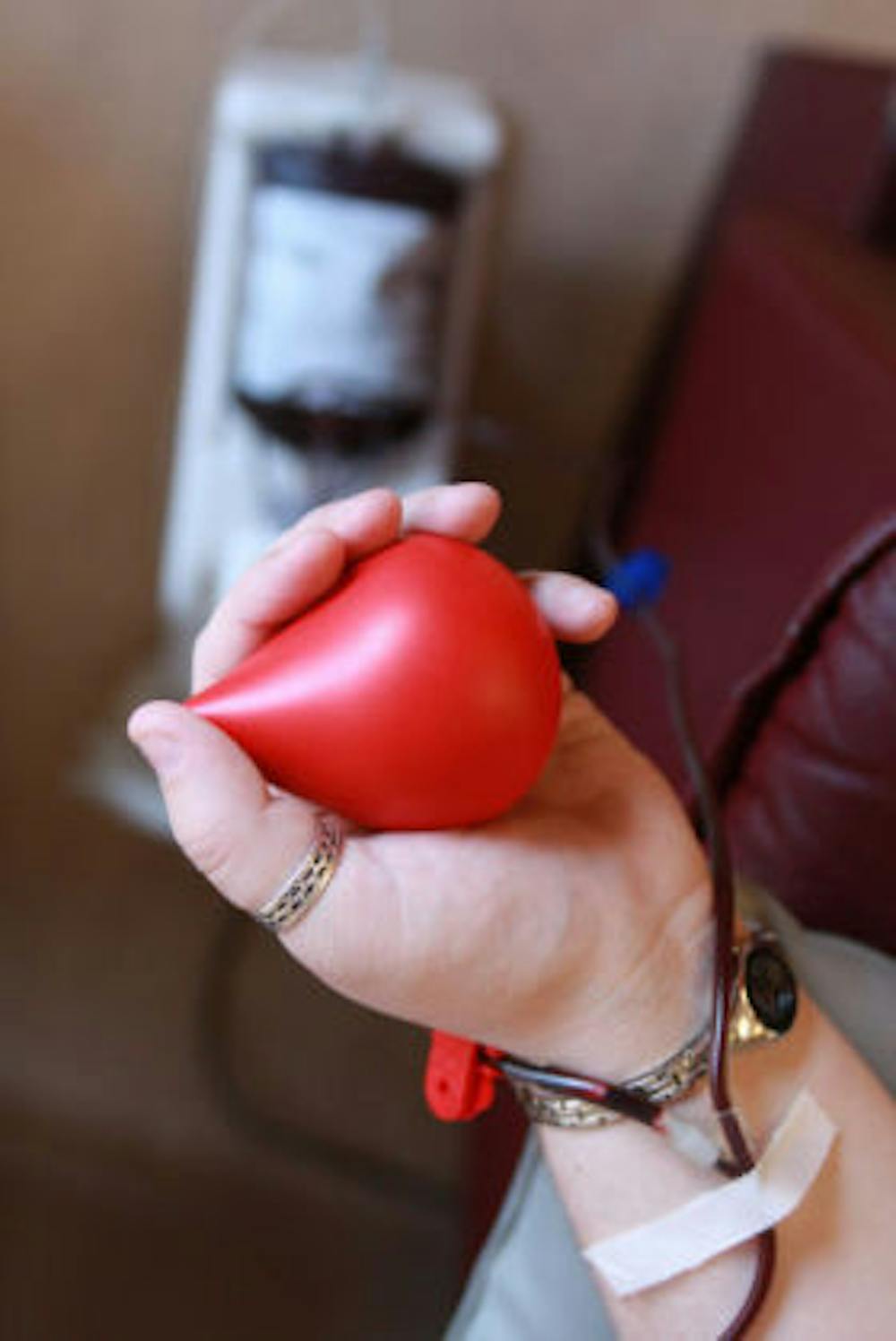Donating blood is a relatively simple process: you answer a questionnaire, choose the arm you would like to use, feel a pinch, get your prizes and you’re good to go. But there’s been a long controversy involving many members of the LGBT+ community and their eligibility to donate blood.
Let’s look at two questions on the questionnaire provided by the FDA: “Female Donors: (Have you in the past 12 months) had sexual contact with a male who has ever had sexual contact with another male?” “Male donors: (Have you) had sexual contact with another male, even once?” This has led some men who have sex with men (MSM) to believe that they are being stigmatized as a group.
I admit, I never thought much about either of those two questions when I used to regularly donate blood. But then I embraced my sexual identity. I then asked myself why changing my “membership” from one group to another mean that my blood was no longer “safe enough”, even though I practiced safe sex and got regularly tested? Was I over-reacting?
In the United States, the ban applies to all MSM from 1977 to the present. The Center for Disease Control (CDC) reported that in 2009 MSM accounted for 52% of overall HIV/AIDS diagnoses in the U.S. even though MSM only made up 2% of the U.S. population. MSM were and are the group most affected by HIV/AIDS. Since MSM are at such high risk, and since there were no good ways to test for HIV in the 70s and 80s, the blanket ban on MSM seems to have at least some justification.
However, many critics of the ban argue that it serves no purpose but to perpetuate homophobia and stigmatization against queer people who have sex with men or with men who themselves have had sex with men. They argue that there are now better ways to test against disease to reduce the risk of STI transmission. Critics often go on to say that there is little sense in denying healthy blood in blood shortage areas just because the blood came from a certain group.
Other critics point out that the MSM ban applies for life for men. Women who have sex with MSM on the other hand have to wait 12 months before donating blood. They also argue that it is not fair to bar MSM in monogamous relationships, but allow men with many heterosexual partnerships to donate blood even though they too have a high risk for infection.
What are your thoughts, do you think this ban is still necessary? Why or why not?
"Creative Commons Blood donation" by Canadian Blood Services, used under CC BY-NC 2.0






